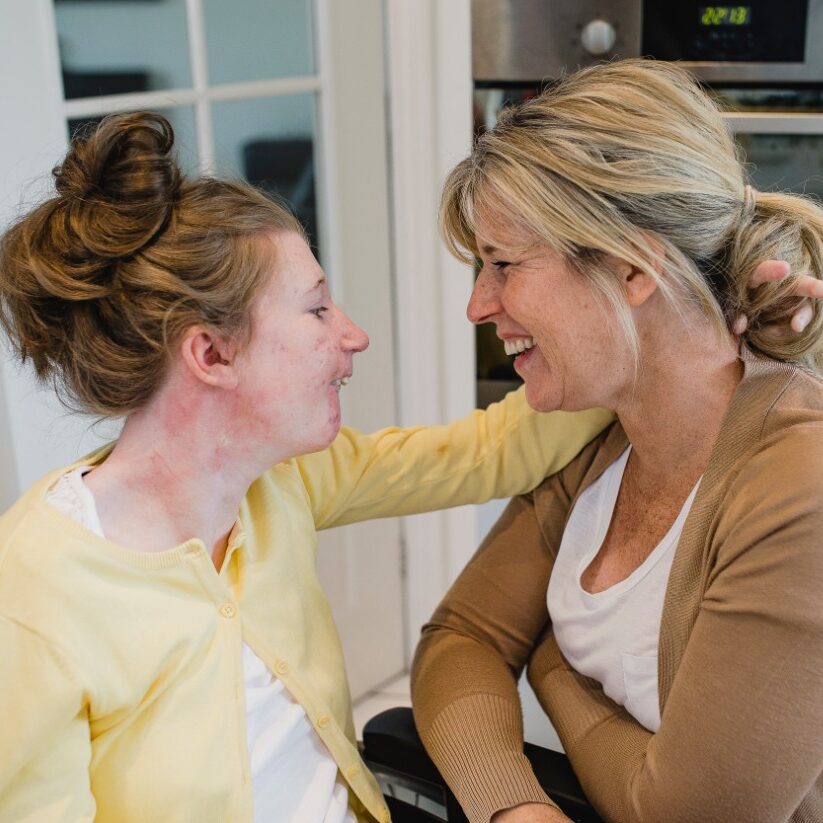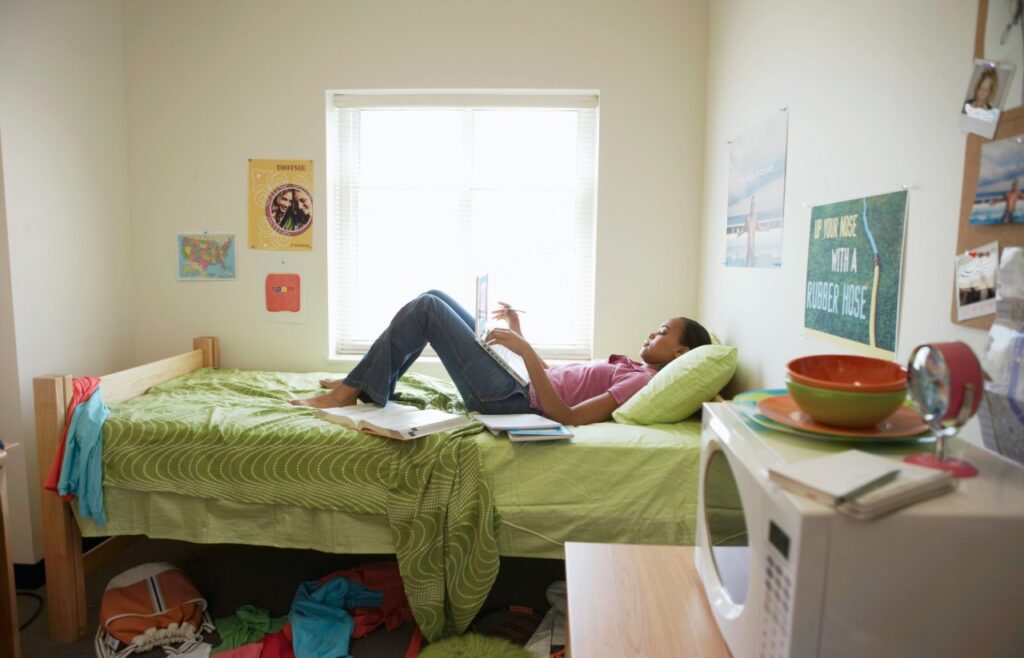Go straight to the information you need
Key facts
- Many young people with epilepsy are able to live independently
- Lots of things can affect people’s ability to live independently: their age, maturity, how their epilepsy affects them, other health conditions, and their ability to work and earn money
- People with well controlled epilepsy have different needs than those who have uncontrolled seizures. Recognising how your epilepsy affects your daily life will influence decisions about living independently
- If you’re not able to live independently there are other options for you to gain some independence
Deciding to live independently
Moving out of your parents/guardians’ house to live on your own is a huge step for any young adult. Before going ahead and making plans to move out, the first thing that needs to be decided is whether moving out is physically, mentally and financially feasible for you. As a young adult with epilepsy, you might find there are some additional considerations to bear in mind.
Before making plans to live independently, we suggest the following:
- Be realistic about what is possible and safe enough for you
- If you don’t drive, consider access to public transport, shops and other facilities when choosing somewhere to live
- Would living in a house-share rather than on your own provide extra support?
- What sort of accommodation would be suitable for you? Do you need a shower rather than a bath? Do you need somewhere without stairs?
- If you’re not ready to live on your own, could supported living be an option for you?

Before you move – things to do and think about
- Make a financial plan – everyone needs to plan how they will afford to live independently, whether they have epilepsy or not
- As well as your own concerns you will possibly have to deal with the worry of family and friends. Try to see this as needing to help them with their worries rather than seeing yourself as the problem
- If you’re moving away to university or college, tell the accommodation service about your epilepsy and any needs you have. They may have accommodation specifically for people with additional needs or you might get priority for certain types of accommodation
- Make sure you know how to order and collect prescriptions and how often
- Are you managing your epilepsy as best you can to maximise the success of living independently? For example, taking your medication, attending health appointments and reducing risks and triggers
When you move
- Moving house can be physically and emotionally tiring. If tiredness is one of your triggers, who can you get to help you move?
- Make a list of everyone who will need to know your new living arrangements
- Tell your medical team you will be moving. You might need to register with a new GP and your care might need to be transferred to a different hospital
- Think about how to make your new home as safe as possible. The safety page has lots of tips about safety at home
- Moving out of home for the first time is challenging. Be aware of your feelings and seek help if you’re finding things hard. It’s OK to ask for help
- Talk to your neighbours, friends, and family to make sure that you have support from your loved ones and community

Money and benefits
Learning to manage your money is an essential skill for living independently. There’s more info on our Benefits page.

Needs assessments
If you need care or support to be able to manage day-to-day, you can ask for a needs assessment. If you need physical adaptations to your home, you can apply for a home assessment from your local council.
Supported housing
The purpose of supported housing (sometimes called supported living) is to enable people to live as independently as possible. There are different types of supported housing depending on what people need. The accommodation could be a shared house or your own flat. There are housing associations and charities that provide supported housing for different types of support needs.
Contact the housing service at your local council to find out what’s available in your area and if you would qualify.
To find your local council, use the government website’s local council finder.
Do something
Are you planning to live independently at some point in the future?
If so, is there anything you can be doing now to be ready for it?
For example:
- Manage your epilepsy better
- Improve your budgeting skills
- Talk to your family or friends about what support you may need and what they can provide
Learn more about epilepsy and wellbeing
Our free wellbeing course provides more information about wellbeing and epilepsy, and tips you can try.
Sign up for the latest updates from Epilepsy Action
"*" indicates required fields


